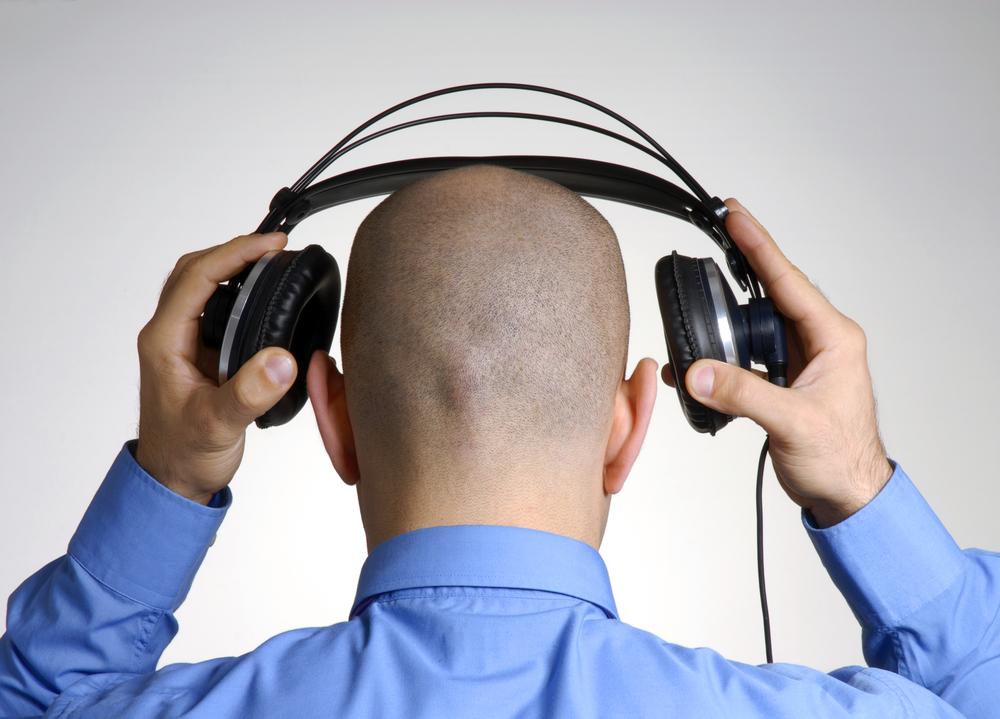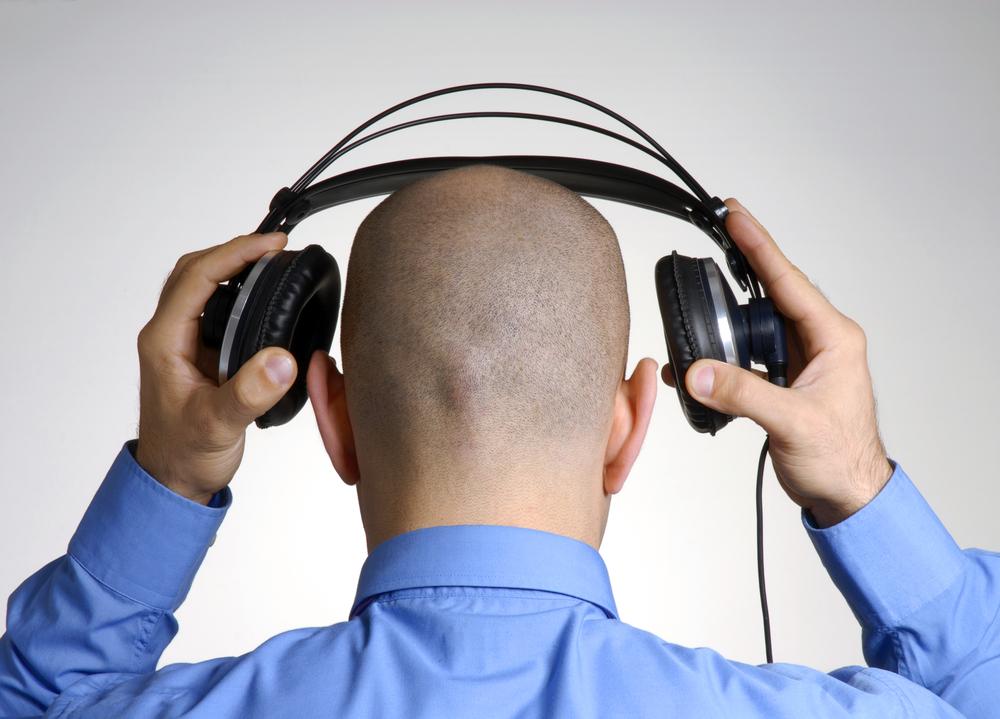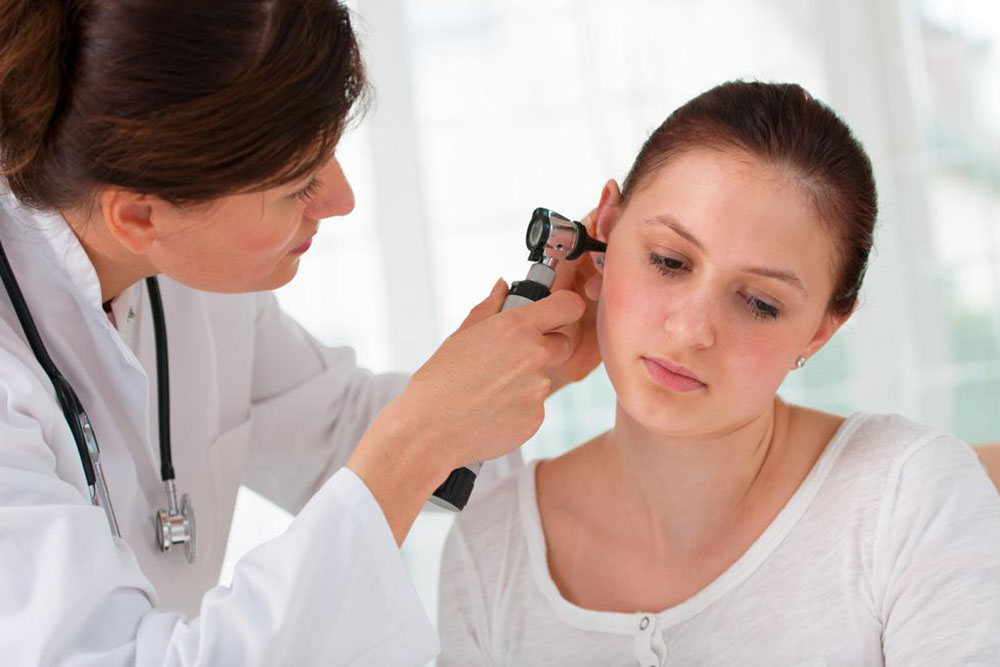Comprehensive Guide on How Headphone Usage Impacts Your Health and Safety
Headphones have revolutionized our listening habits, offering personalized audio experiences. However, prolonged or improper use can lead to hearing loss, infections, discomfort, and safety hazards. This comprehensive guide explores the health risks associated with headphones and provides practical tips to use them safely. From managing volume levels to maintaining hygiene and staying alert during activities, learn how to enjoy your headphones responsibly while safeguarding your health and safety.

The Effects of Wearing Headphones on Your Well-being and Safety
In the digital age, headphones have become an essential accessory for millions worldwide. Whether for listening to music, podcasts, or making calls, headphones provide a personal audio experience that enhances our daily routines. However, while they offer convenience and entertainment, prolonged or improper use of headphones can pose several health and safety risks. Understanding these risks and practicing safe habits can help protect your hearing, prevent infections, and ensure your well-being.
Understanding the Health Implications of Headphone Use
Auditory Damage and Hearing Loss: Listening to audio at high volumes—particularly above 90 decibels—can cause irreversible damage to the delicate hair cells in your cochlea, leading to noise-induced hearing loss over time. Continuous exposure to loud sounds is one of the most common and preventable causes of permanent hearing impairment among users of all ages.
Risk of Ear Infections: Sharing headphones without proper cleaning can transfer bacteria, fungi, and viruses from one person to another, increasing the risk of developing external or middle ear infections. Ear infections can cause pain, swelling, and in severe cases, impact hearing.
Reduced Airflow and Earwax Buildup: Many modern headphones, especially in-ear models, can block airflow into the ear canal. This can impede natural ear cleaning processes, leading to the accumulation of earwax, which may cause discomfort, ringing (tinnitus), or even temporary hearing loss if not managed correctly.
Discomfort and Numbness from Prolonged Wear: Wearing headphones for extended periods can cause pressure on the ears, leading to soreness, numbness, or pinching sensations. Over time, this may result in soreness or irritation of the skin around the ears.
Ear Pain and Tinnitus: Long hours of headphone use can lead to ear soreness, and in some cases, internal buzzing or ringing sounds—known as tinnitus—as a result of overstimulation or pressure on auditory nerves.
Potential Neural and Brain Effects: While research is ongoing, electromagnetic waves emitted by wireless headphones could theoretically influence brain activity, especially with prolonged exposure. Currently, most studies suggest that normal use poses minimal risk, but caution is advised.
Safety Concerns During Activities: Using headphones while walking, cycling, driving, or commuting can significantly impair your awareness of your surroundings. This distraction increases the likelihood of accidents, injuries, or even fatal incidents. Listening at high volumes can also make it difficult to hear alarms, horns, or other warning sounds.
Practical Tips for Safe Headphone Use
Set volume levels below 80-85% of maximum capacity and limit listening time to prevent hearing fatigue and damage.
Take regular breaks—at least 5 minutes every hour—to allow your ears to rest and recover.
Avoid sharing headphones; clean your devices regularly with appropriate disinfectants to minimize bacterial transfer.
Opt for over-ear headphones or properly fitted in-ear models that do not exert excessive pressure and allow some airflow.
Be mindful of your environment and remove headphones when walking or driving to stay alert to potential hazards.
Use noise-canceling features to reduce the need for higher volumes in noisy environments, protecting your hearing.
Regularly inspect your headphones for damage or dirt and replace them if necessary to maintain hygiene and sound quality.
In conclusion, headphones are valuable tools that enrich our auditory experiences but require responsible usage to mitigate health and safety risks. By following sensible practices—like moderating volume, maintaining hygiene, and staying aware of surroundings—you can enjoy your favorite audio content without compromising your well-being.





